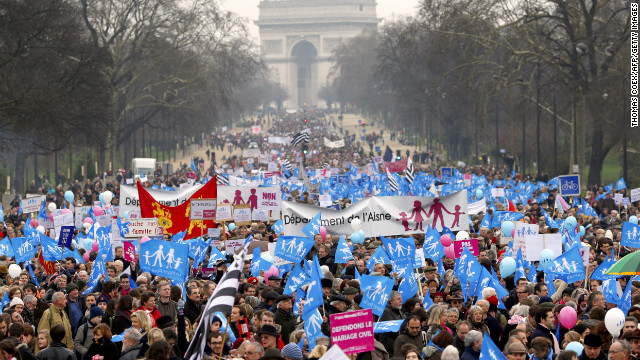By Madeline Schiesser
Impunity Watch Reporter, Europe
ATHENS, Greece – A florist in Athen’s Amerikis Square praised them for cleaning up the neighborhood, saying that, “The first phone number people call is no longer the police. It’s Golden Dawn.” However, with slogans such as “Clean up the Stench,” and “Greece for the Greeks,” the ultra-nationalist, neo-fascist party, Golden Dawn (Chrysi Avgi) has been accused of taking the law into its own hands and attacking immigrants, despite its denial of violent activity.

“Before, there were only ugly words. Now they are on the point of killing people,” says Javed Aslam, an elected leader of the Pakistani community since 2003.
In the latest act of violence directed at the immigrant community, a 27-year-old Pakistani man on his way to work was stabbed and died Wednesday. Shehzad Luqman, who had been living in Greece for 6 years, was traveling on his bicycle in the early morning when he was attacked by two men on motorcycle, according to police. A witness claims one of the men attacked Luqman from behind with a knife after an argument. Two accused men, a 29-year-old firefighter and a 25-year-old private sector employee, later admitted to stabbing Luqman in the chest.
The attack is believed to be racially motivated. Fifty Golden Dawn pamphlets, along with bats and knives, were found in the home of the 25-year-old man.
Athens’ Mayor Giorgos Kaminis called for an end to authority’s failure to punish racism on Friday: “The impunity must stop and getting to the bottom of the murder of the 27-year-old citizen from Pakistan could represent a significant starting point . . . The City of Athens, Greek society and democracy cannot tolerate such repulsive behavior any longer.”
On Saturday afternoon, an Anti-Racism rally in central Athens’s Omonia Square drew a crowd of some 3,000 immigrants and Greek human rights activists. The demonstrators carried banners with phrases such as “Neo-Nazis out” and “Punishment for the fascist murderers of Shehzad Luqman.” Earlier that day, about 300 Pakistani immigrants also gathered outside the Athens city hall, bearing Luqman’s coffin; a prayer was held around the coffin. The demonstrators’ goal was to protest the death of Luqman and draw attention to the continuing failure of Greek authority to protect immigrants in Greece.
“Perhaps his murder will bring hope that these attacks will stop. We are protesting for the government to take measures to stop racist attacks,” Javed Aslam told Reuters.
Nevertheless, Greece remains hostile to foreign immigrants, as was demonstrated by the results of the June 2012 parliamentary elections in which Golden Dawn won seven percent of the vote. Running on a platform essentially of anti-immigration and crime and financial fears (one in four workers is without a job and nearly 20 percent of the economy has dried up) the party now occupies 18 of the 300 seats in the Greek Parliament. Moreover, their popularity continues to grow; an October opinion poll showed that support for Golden Dawn had grown from 7.5 percent in June to 10.4 percent in October.
Numerous times members of Golden Dawn have been involved in violent attacks against immigrants. The watchdog 1 Against Racism says vigilante groups in Athens neighborhoods “approach migrants in public places, usually at night, ask them where they’re from and then attack.” Golden Dawn Members are identified by victims or witnesses as part of the attacking group because “they carried the party’s emblems or because they were recognized from other party events in the same area.”
To members of the immigrant community, it seems as though the police have turned a blind eye. “There are two separate laws. The police leave the fascist alone, and if a foreigner does the slightest thing he goes to jail,” Aslam says. “It is clear that practically they don’t stop them.”
For many immigrants, Greece is the gateway to the European Union, with more than 80% of immigrants to the EU, many from Africa and Asia, passing through. However, under Golden Dawn’s philosophy, all immigrants should be ejected from Greece, and its boarders militarized with landmines and armed patrols.
Amnesty International has stated that Luqman’s murder demonstrates the “continuing failure” of the Greek authorities to take action to put an end to racist violence.
For further information, please see:
RT – Thousands March in Athens Protesting Racist Attacks in Greece – 20 January 2013
BBC News – Rally in Athens against Greece’s Golden Dawn – 19 January 2013
Kathimerini – Mayor Leads Call for Zero Tolerance on Racism – 18 January 2013
Al Jazeera – Golden Dawn Glows Amid Greece Gloom – 25 October 2012
Al Jazeera – Greece’s Neo-Nazi Golden Dawn is a European Problem – 16 May 2012



